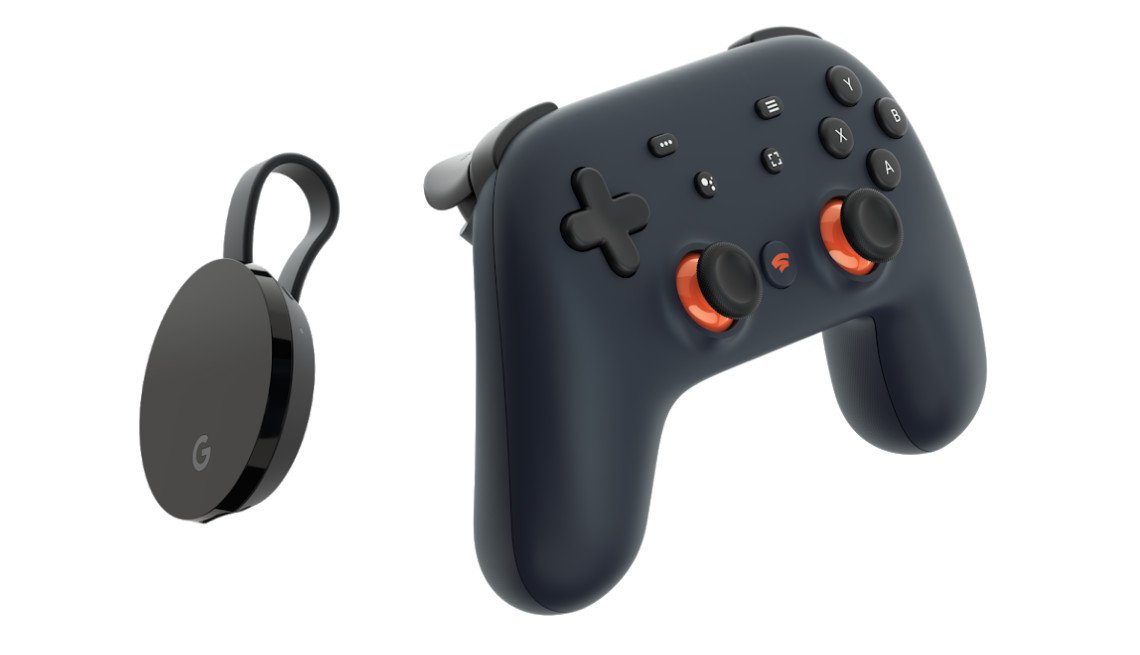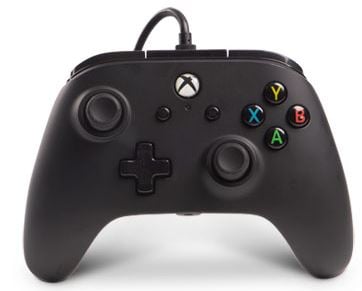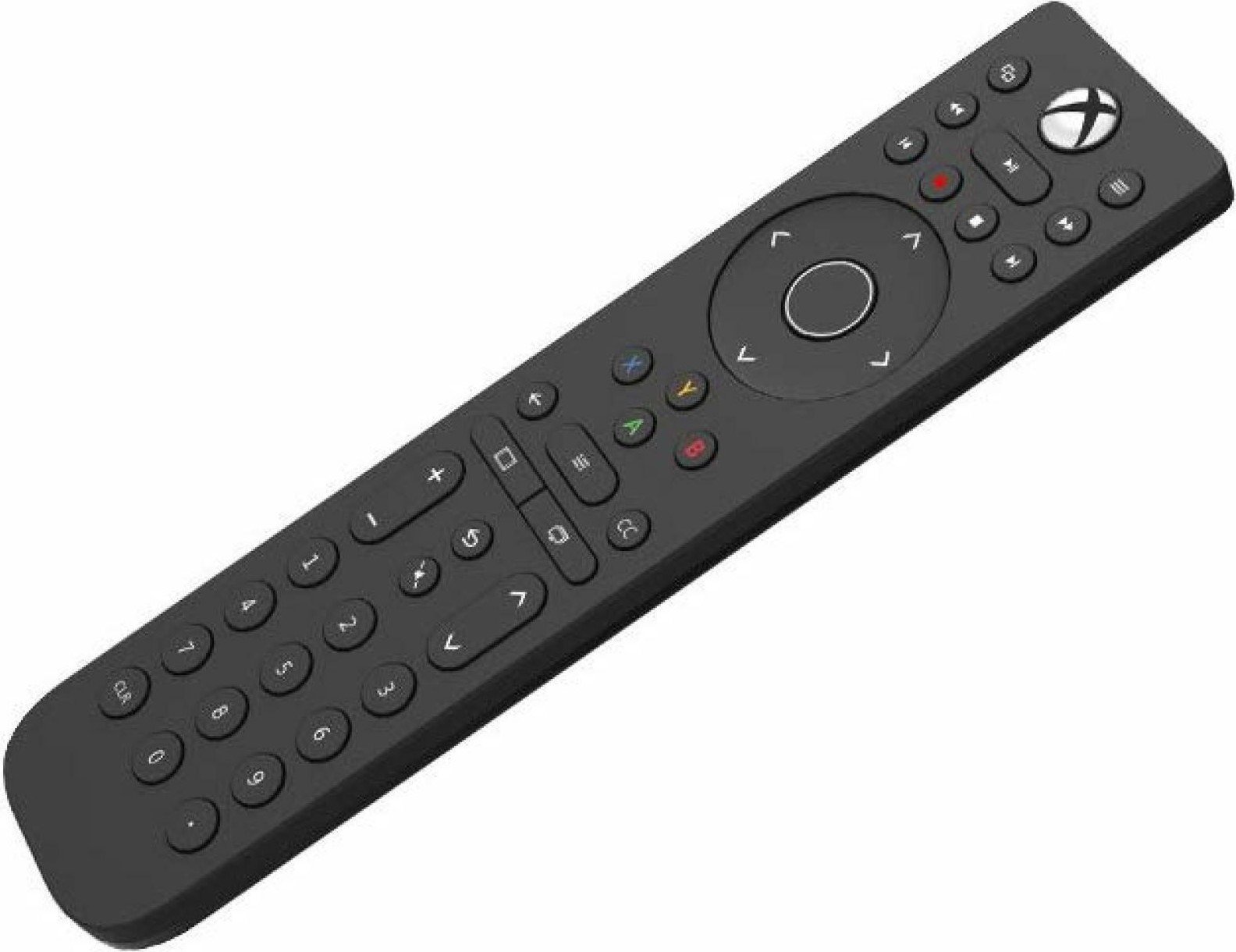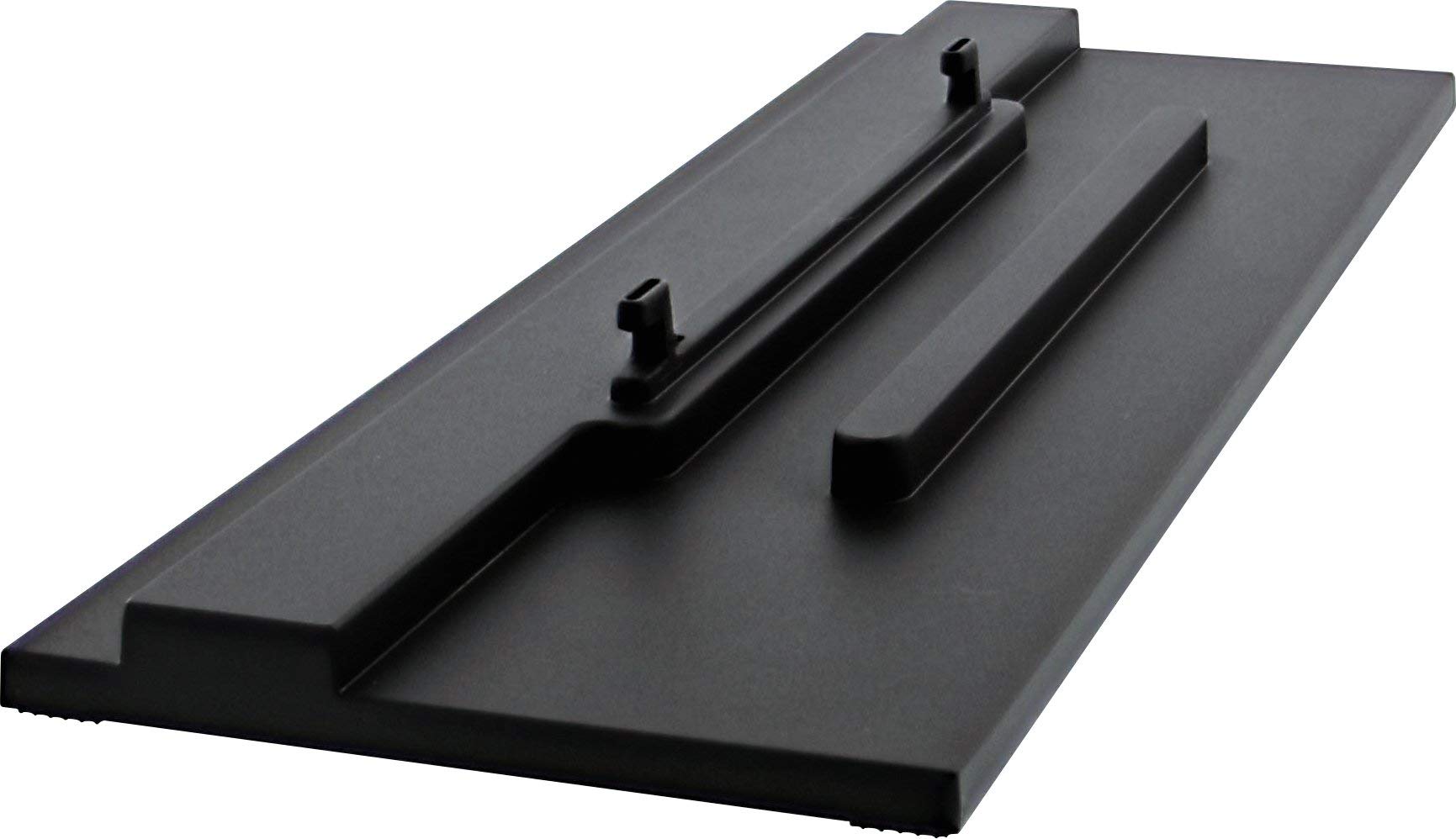Google Stadia head Phil Harrison believes ISPs will lift data caps for game streaming
Let's see if companies like Comcast agree.

All the latest news, reviews, and guides for Windows and Xbox diehards.
You are now subscribed
Your newsletter sign-up was successful
What you need to know
- Google Stadia is an upcoming game streaming service.
- You pay $10 a month for "Stadia Pro" to stream at 4K resolution and 60 frames per second.
- Google believes that internet service providers will raise data caps for game streaming.
- The launch of 5G wireless technology may also remove data caps.
Google Stadia is an upcoming game streaming service. You can stream games from the company's servers to your television or mobile device. As with any streaming service, consumers have to be aware of internet restrictions and data caps imposed by their internet service providers (ISPs) like Comcast.
In the United States, many regions have 2 TB limits after which you may have to pay more. Stadia chief Phil Harrison believes that ISPs will raise data caps for game streaming services in the future. He said the following when speaking with GameSpot.
The ISPs have a strong history of staying ahead of consumer trend and if you look at the history of data caps in those small number of markets – and it's actually a relatively small number of markets – the trend over time, when music streaming and download became popular, especially in the early days when it was not necessarily legitimate, data caps moved up. Then with the evolution of... film streaming, data caps moved up, and we expect that will continue to be the case... ISPs are smart... they understand that they're in the business of keeping customers happy and keeping customers with them for a long time.
It seems quite naive to assume that ISPs will raise data caps. Companies could simply charge consumers more for game streaming because it's a burden on their networks. It's unclear what possible incentive they have for backing Stadia. Affordable internet is another area of concern.
According to Harrison, 5G wireless technology may fix the data cap problem, but it's going to be expensive. He believes that spending $50 a month on faster internet is worth it. Unfortunately, there are tens of millions of Americans who can't afford spending that much on such a service. This is why federal programs like "Lifeline" exist for those who can't even afford basic packages because they're too expensive. You can read Harrison's comments below.
All of the 5G fixed wireless businesses that are up now that I'm aware of have no data caps and are very, very high performance, so that's introducing a competitive dynamic. $50 a month. That's what Verizon fixed wireless cost is for minimum 300 Mbps and up to a gigabit. It's pretty good value to me... I've seen the math calculations that people have done. If you take 35 Mbps, it's not always 35 Mbps because we use compression. There will be sometimes when actually it's using significantly less data than that, so it's not correct to multiply 35 Mbps by the number of seconds that you play.
Stadia wants to bring gaming to the masses, but right now it seems like it caters to those who can afford expensive routers, aren't worried about going over their data caps, and have the ability to pay $50 or more each month for internet. Why would these consumers choose Stadia over the next-generation Xbox or PlayStation which will offer lower input lag and 120 frames per second (FPS) gameplay?
Google is currently selling a Stadia Founder's Edition for $130 on its website. It gives you a controller, Chromecast Ultra, and three months of "Stadia Pro" which lets you play games at 4K resolution and 60 FPS. The free version, "Stadia Base," is expected to launch sometime in 2020, possibly around the same time as next-generation consoles hit retailers. Stadia Pro comes with free content and discounts on select titles. It's a lot like Xbox Live Gold or PlayStation Plus. You can buy additional games through Stadia, and with Stadia Pro, you have access to content on the platform, including Destiny 2, which is the first free title.

Game streaming for the masses
The Founder's Edition of Google Stadia offers three months of Stadia Pro and includes a Google Chromecast Ultra and Stadia controller. Whether it can live up to its potential is yet to be seen, but features like State Play and Crowd Share are intriguing.
Xbox accessories you'll love
Every one of these quality accessories is guaranteed to enhance your Xbox experience.
All the latest news, reviews, and guides for Windows and Xbox diehards.

PowerA Enhanced Wired Controller for Xbox One ($20 at Amazon)
PowerA's take on the Xbox One controller is an attractive pickup for budget-conscious gamers that nails all the basics.

Talon PDP Xbox media remote ($20 at Amazon)
The Talon PDP Xbox media remote is great for watching shows on your console.

Xbox One S vertical stand ($10 at Amazon)
Stand your console upright with this accessory.

Asher Madan formerly handled gaming news for Windows Central. Before joining Windows Central in 2017, Asher worked for a number of different gaming outlets. He has a background in medical science and is passionate about all forms of entertainment, cooking, and antiquing.
